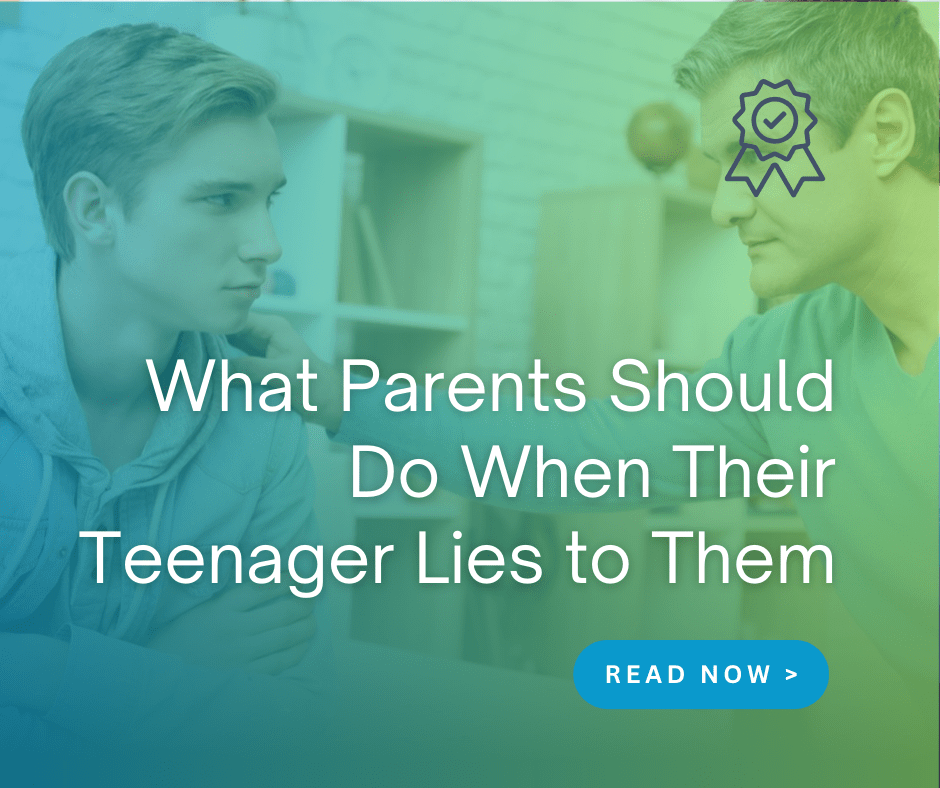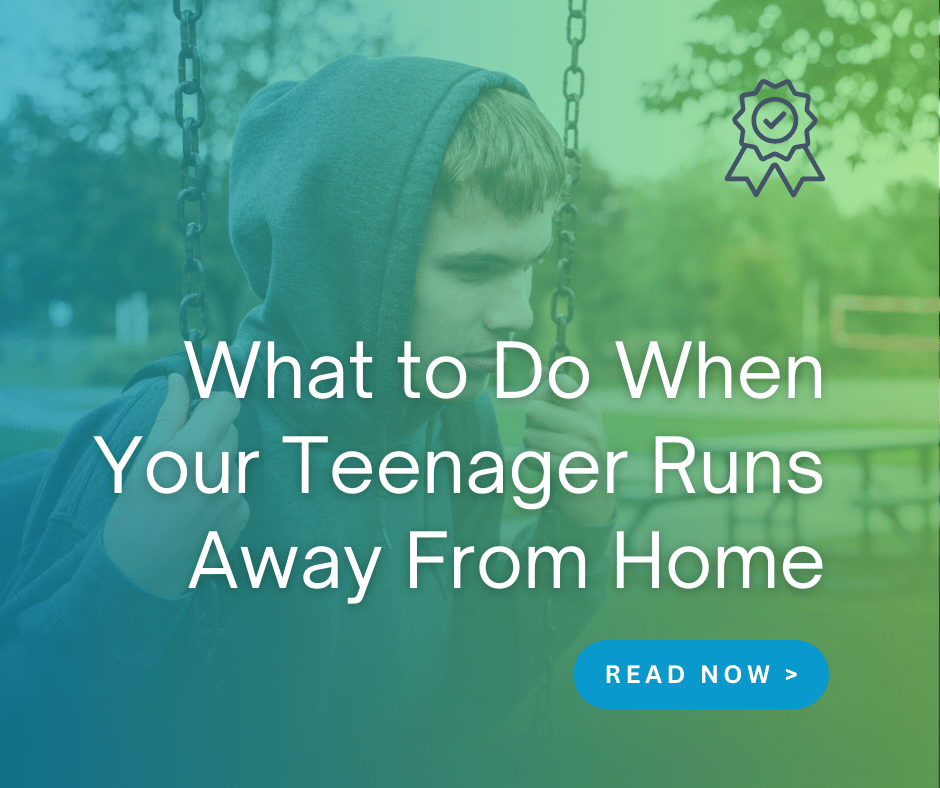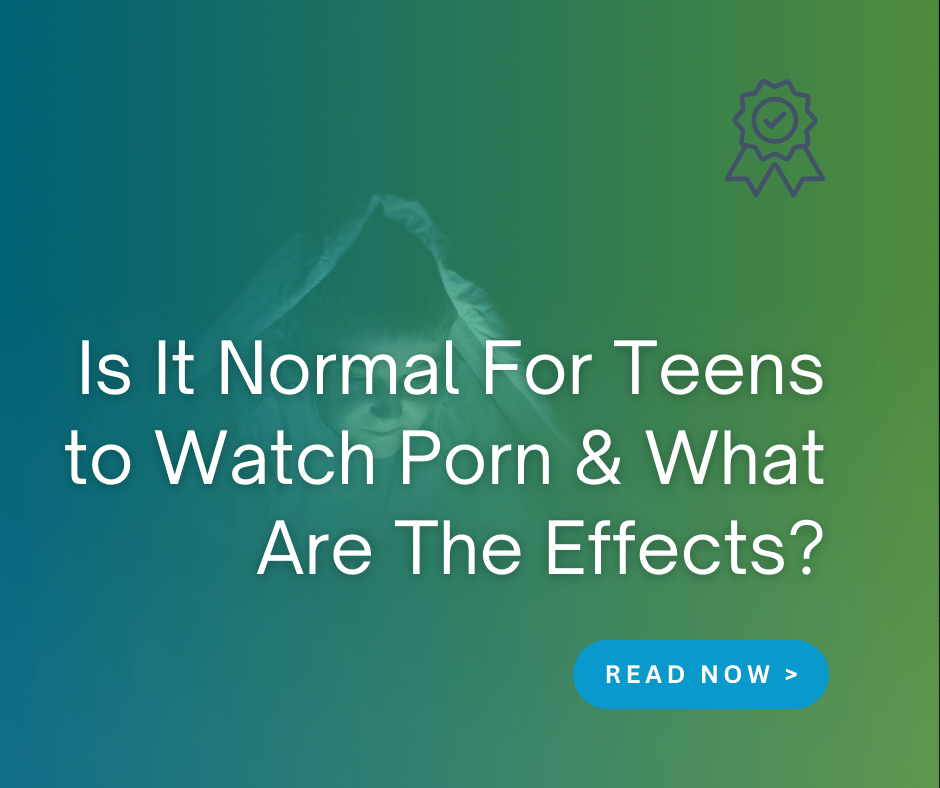Evolve Supports LGBTQI+ Teens
Pride month is a big deal in the LGBTQI+ community.
During June, across the country, communities of all sizes, from small towns to big cities, fly their flags high. Rainbows and glitter abound. Pride organizers host parades, parties, and outdoor concerts. They organize lectures. They create an intentional sense of community designed to welcome all their peers and deliver this one simple message:
You belong. You matter. Be proud to be you.
For some teenagers, attending a Pride parade or event during the month of June is their first chance at being “out” in public. They may have come out to their family and close friends. They may even be “out” in their school, their neighborhood, and to the peers they do additional extracurricular activities with. But being full out at a Pride parade, surrounded by hundreds – if not thousands – of other people who know what it is and how it feels to come out can be a truly liberating experience.
This year, many teens around the U.S. are excited about their first Pride month. Many of them have felt lost, out of place, and misunderstood their entire lives. Coming out allows them to connect the dots between who they know they are inside and who they are with their family, friends, and in public spaces.
For many teens, though, coming out is difficult. They may have to handle uncomfortable emotions such as self-doubt, fear, and anxiety. They may encounter bullying at school, and experience disapproval and conflict with parents over proclaiming their identity to the world. The challenges of coming out can create bouts of depression and anxiety that teens need to work through.
That creates a unique problem, however, that parents of LGBTQI+ teens should be aware of – especially if they came out recently.
What If It’s Clinical Depression?
One thing people who aren’t part of the LGBTQI+ community need to understand is that not every single thing in a gay person’s life is about being gay.
That includes mental health issues and clinical mental health disorders such as depression and anxiety. Although data shows that teens in the LGBTQI+ community are at higher risk of developing mental health issues such as depression, anxiety, and alcohol/substance use disorder (ADU/SUD) than their peers who aren’t LGBTQI+, that does not mean that when an LGBTQI+ teen develops mental health issues they’re related to the fact they’re LGBTQI+.
This is something parents of teens who recently came out need to think through carefully.
This is true for parents who hold any point of view. Whether you approve or disapprove of your teenager coming out and living their identity in public, it will help you to understand that if they develop the symptoms of a mental health disorder, those symptoms may not be related to their coming out. If you’re in conflict with your teen over coming out, there may be anger, sadness, and a variety of emotions related to that conflict – and while those emotions may be powerful and difficult for both of you to work through, those emotions may or may not be related to their coming out.
In fact, they may be entirely unrelated to their gender or sexual identity. They may be the signs of a developing mental health disorder, such as depression. That leads to an important question: how can you tell?
Professional Support and Guidance
The situation we present here is complicated.
To recap:
On the one hand, coming out can create difficulty for a teen. It can cause problems at home and at school. Those problems can lead to symptoms of depression or anxiety that have everything to do with the fact they came out.
On the other hand, a teen who comes out may show symptoms of depression, or anxiety, or another mental health disorder that have nothing at all to do with the fact they came out.
It’s sort of a chicken/egg scenario – and getting to the root of the issue may not be easy.
That’s why we recommend seeking the help of a trained mental health professional who specializes in adolescent issues. You may not know this, but there are psychiatrists, counselors, and therapists working today who specialize in the issues LGBTQI+ teens face. There are adolescent treatment centers that are LGBTQI+ friendly, with clinicians on staff with decades of experience working with LGBTQI+ adolescents.
When you find a treatment center or a therapist/counselor/psychiatrist who specializes in supporting LGBTQI+ adolescents, they can help you tease apart the constituent elements of whatever your teen is going through at the moment.
If your teen experiences emotional disruption related to coming out – they can help support them as they work through those issues.
And if your teen develops clinically diagnosable mental health disorder such as major depressive disorder (MDD) or generalized anxiety disorder (GAD) that’s not related to coming out, they can identify those disorders, separate them from any family issues present, and develop a treatment plan that meets the needs of your teen, individually, and your family as a whole.
What You Can Do
The takeaway here – and our recommendation – is that the most prudent thing to do is arrange a full evaluation with a mental health professional who specializes in working with LGBTQI+ adolescents. They can help your family work through almost any permutation of the situation we describe above – and there are as many possible permutations as there are families.
What we want for your family is a loving, supportive, harmonious home environment. If there’s family conflict around your teen’s sexual or gender identity, a professional can help you work with, through, or around that. If your teen has a mental health disorder, a professional can help them learn the skills they need to manage the disorder.
Proud Teens During Pride Month
If your family is in harmony with your newly “out” teen, then we recommend you find a way for them to experience Pride this year. Family support can make an enormous difference in the life of an LGBTQI+ teen, and there’s no better way to support them than by accompanying them to their first Pride parade or community event. To understand what Pride can mean to a teen, please read this article from Seventeen Magazine: Teens Get Real About Their First LGBTQ Pride Party. To help your newly “out” teen learn about the LGBTQI+ community and connect with peers with shared experience, please have them visit the website maintained by the It Gets Better Project.
Here’s their mission statement:
“The It Gets Better Project is a nonprofit organization with a mission to uplift, empower, and connect lesbian, gay, bisexual, transgender, and queer youth around the globe. Growing up isn’t easy, especially when you are trying to affirm and assert your sexual orientation and/or gender identity. It can be a challenging and isolating process – but the good news is, no one has to do it alone.”
We couldn’t agree more.
The entire team at Evolve Treatment Centers wants all the LGBTI+ youth out there to know that we see you, we support you, we honor you, and we respect the courage it takes to come out. Above all, during Pride Month, we want you to know we’re proud of you!












